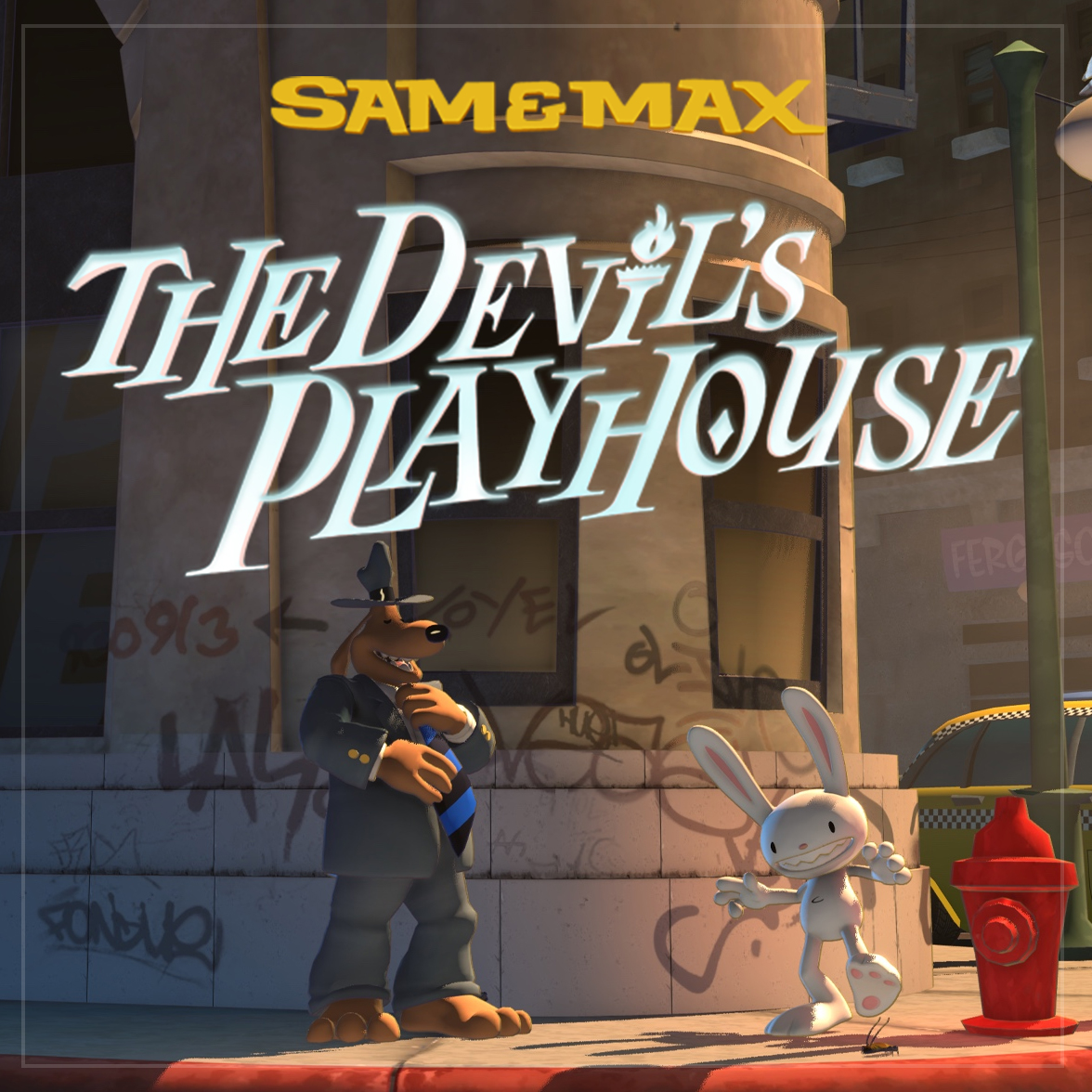Skunkape completes the Telltale Sam & Max trilogy. Does it live up to the two previous entries? Spoiler alert: Yes. (Footnote: So now you don’t need to read the review!)
If I were of the introspective type who took the time to reflect on Telltale’s brief run, I would, with some certainty, conclude that The Devil’s Playhouse was its peak achievement. Tales of Monkey Island was excellent, and I would never slight The Walking Dead, but the third season of Sam & Max had that certain je ne sais quo. Looking back at our original reviews, it seems that was the consensus in 2010, too.
Now, after two successful remasters of Sam & Max, comes the last in the trilogy, the one we—and presumably you—have been waiting for. And, much like The Devil’s Playhouse was the best in TTG’s run, the remaster sits suitably right on top of Skunkape’s adopted oeuvre.
A Quick Reminder
The plot is, as the narrator explains, a familiar one. After finding psychic powers through the “Toys of Power,” Max’s newfound abilities have garnered the attention of a gorilla-esque alien, General Skun-ka’pe. Time is traveled, dimensions are crossed, Lovecraft is evoked, molemen are abducted, all while an ever-increasing number of villains chase after Max’s brain—sometimes literally. And… All said, there isn’t a whole lot more to the plot, but as with everything Sam & Max, it’s how the story ping-pongs that makes the series quirky. “Familiar” is a relative term within Sam and Max’s universe.
The final entry in the Telltale trilogy largely moved away from more old-school adventure-game puzzles, focusing instead on Max’s abilities, often as hints of how to progress the story. Use “Future Vision,” for example, and Max will reveal what happens after solving a puzzle. Sometimes, this can be a red herring or simply a setup for a gag: One vision suggests the ol’ slip on the banana peel will be a solution. In true Sam & Max style, reality is a lot different—and violent.
So, the remaster, then. Looking at the original 2010 game, it stood as somewhat of a technical paradigm shift for Telltale. Up until then, their games had a plastic sheen, which, thanks in part to a grainy filter and desaturated colors, The Devil’s Playhouse did away with. The game felt both flatter and grimier, and fittingly so—it more closely echoed the comic books than the previous seasons. Paradoxically, the remaster is both less grainy and higher saturated while still managing to bring more big city grit than the original. Exactly how, I’m not sure, but I suspect the addition of dynamic lighting can at least be part of the reason. The visuals no longer have to hide behind a heavy layer of film grain.
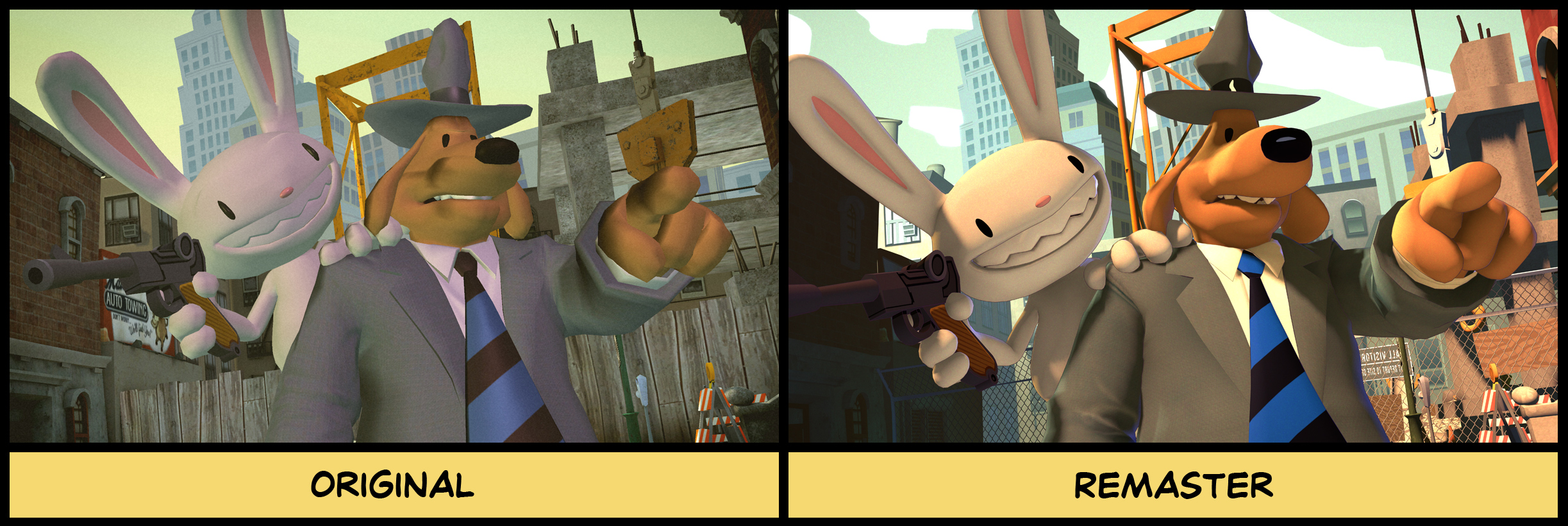
Skunkape did great work remastering Save the World and Beyond Time and Space, but presumably The Devil’s Playhouse gave them the bones to take it to the next level. The punchy establishing shots and busier backgrounds make The Devil’s Playhouse feel grittily vibrant—think something more in line with “Monkeys Violating the Heavenly Temple”. Had this been a brand-new adventure game in 2024, I would not have many complaints about the visuals.
At Its Core
Having tried both the Steam and Switch versions, the former has the technical edge, as it to be expected—the aging Nintendo console has always been modestly powered. Yet, I can’t help but feel the game plays better on the Switch. Jumping between handheld mode and plugging it into the TV is how I prefer playing adventure games these days—same thing with Return to Monkey Island—and the slight downgrades do not bother me.
Music? Cleaner than ever, like having Jared Emerson-Johnson and company performing right next to you. We can only threaten assume an OST is in the works.
The voices, too, sound clearer, and we’ve even heard rumors of a few “new” lines appearing in the game. Sorry, Proud Boys, stillness has been censored.
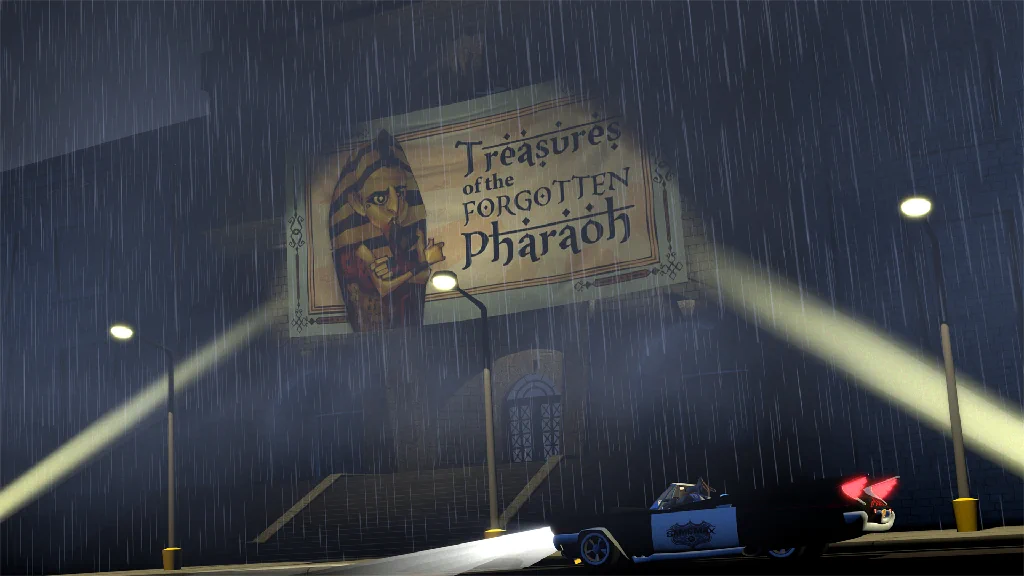
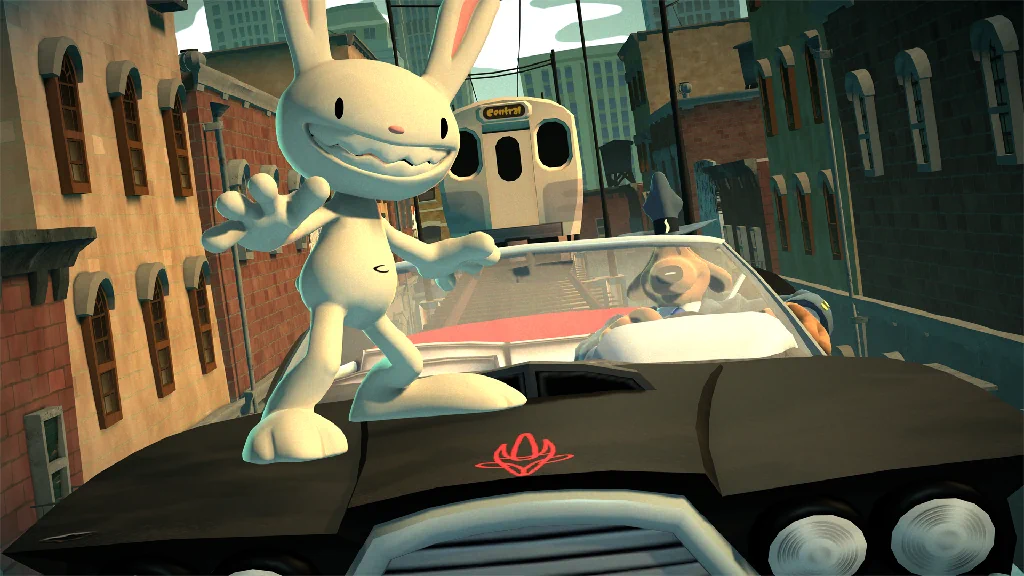
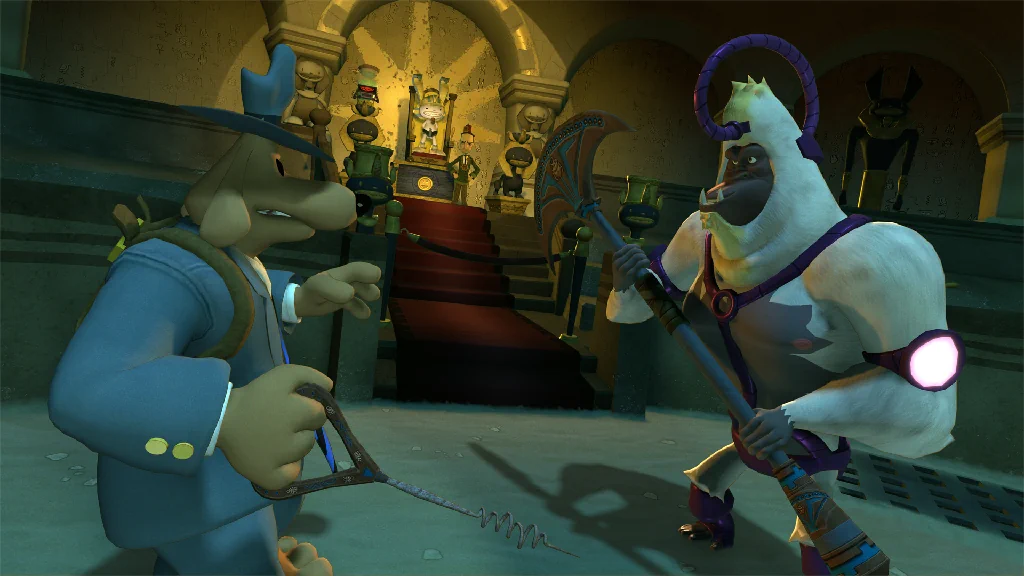
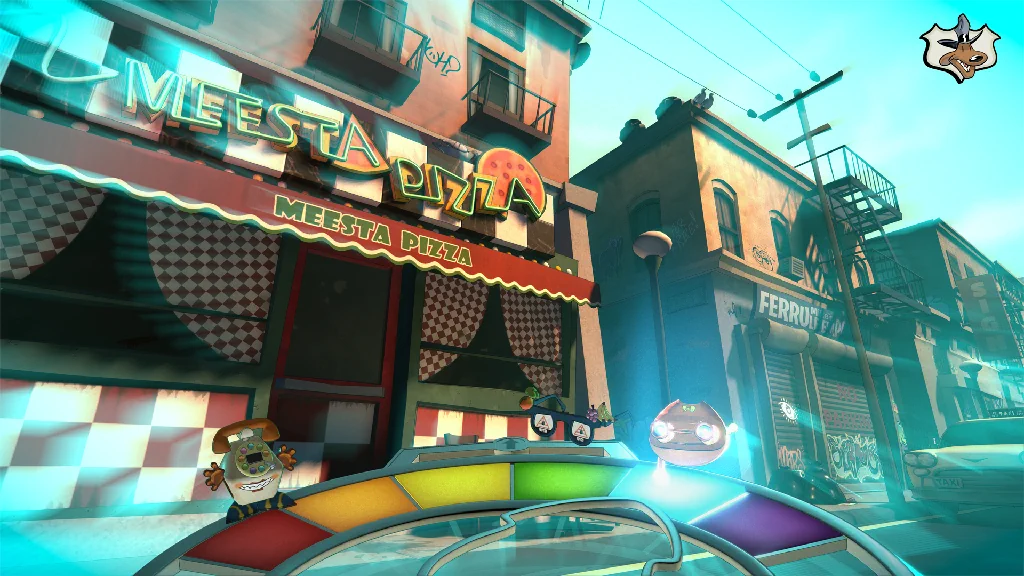
Technical enhancements aside, be it graphics or sound, the game is still The Devil’s Playhouse, and thank Yog-Soggoth for that. To reiterate: This was Telltale’s best game and, frankly, also the best Sam & Max game, Hit the Road included. The writing is full-on Purcell-y: Put a line like “Looks like it's time to boil the haggis” into your game, and you’ve reached gold status.
Truly, you’ve likely already made up your mind. Even if you didn’t play the 2010 version, if you’ve read this far, you’re a fan of Sam & Max. And be it the comics, the TV show, or the games—The Devil’s Playhouse is one for the fans.
So, what’s next from Skunkape? We haven’t heard anything, but it only seems prudent to demand Tales of Monkey Island. It would be more than welcome.
